EDITORIAL
Published on 22 Jul 2022
Editorial: Lignocellulose valorization: Fractionation, conversion and applications
doi 10.3389/fenrg.2022.981134
- 1,272 views
- 1 citation
8,310
Total downloads
48k
Total views and downloads
You will be redirected to our submission process.
EDITORIAL
Published on 22 Jul 2022
BRIEF RESEARCH REPORT
Published on 24 Jun 2022
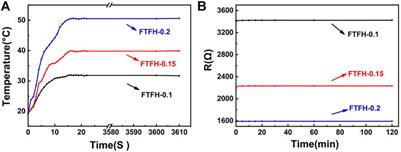
REVIEW
Published on 11 Apr 2022
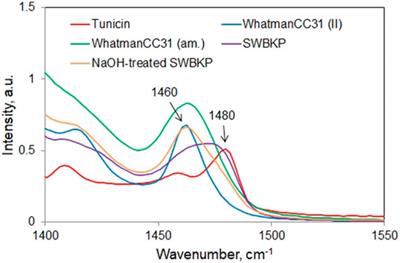
ORIGINAL RESEARCH
Published on 08 Apr 2022
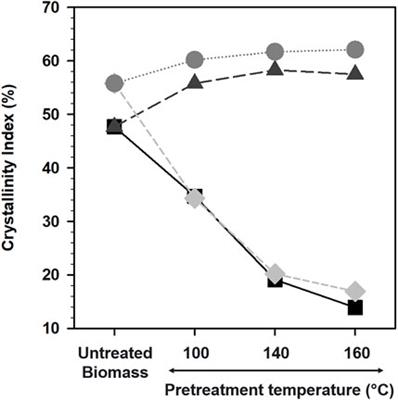
ORIGINAL RESEARCH
Published on 07 Mar 2022
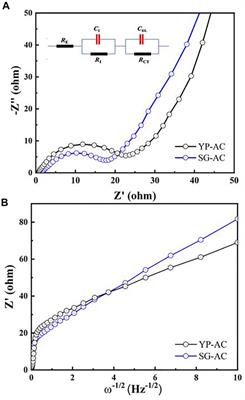
ORIGINAL RESEARCH
Published on 04 Mar 2022
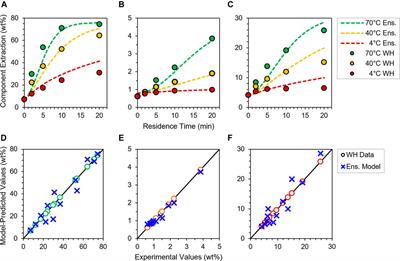
ORIGINAL RESEARCH
Published on 02 Mar 2022
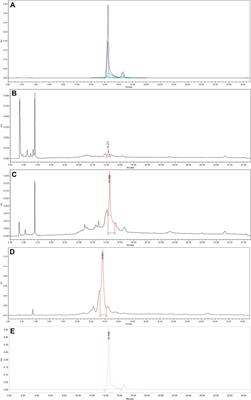
ORIGINAL RESEARCH
Published on 22 Feb 2022
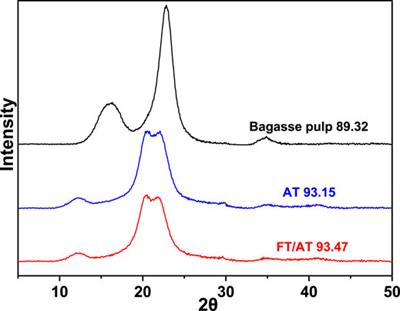
MINI REVIEW
Published on 13 Jan 2022
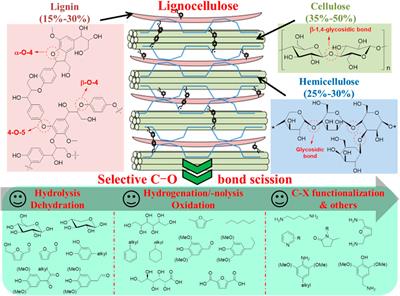
ORIGINAL RESEARCH
Published on 17 Dec 2021
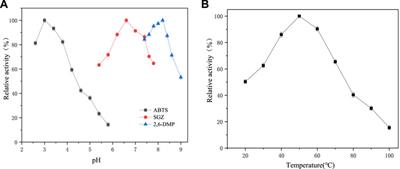
ORIGINAL RESEARCH
Published on 25 Nov 2021

ORIGINAL RESEARCH
Published on 08 Nov 2021

